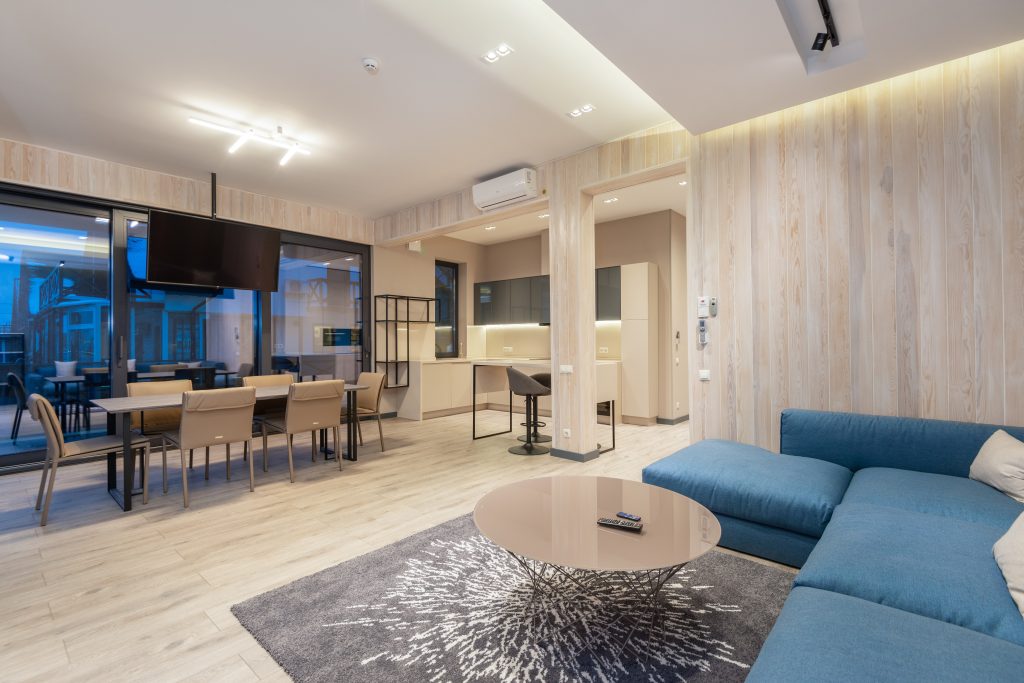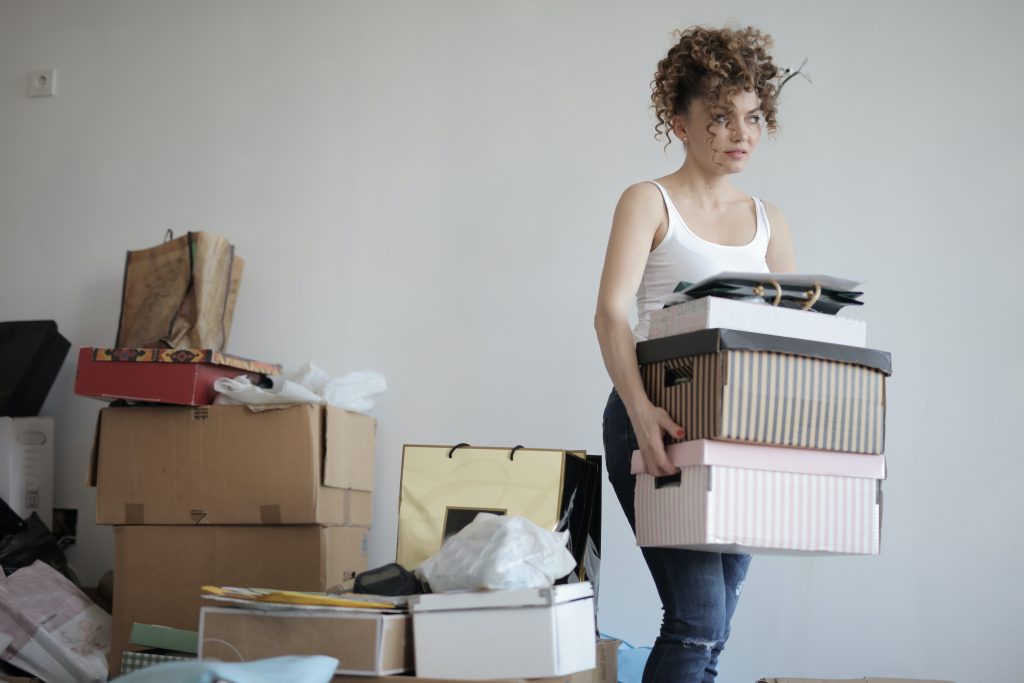
Whether you are selling a house, townhouse, condo or apartment, there are universal tips that will help it sell. Primary among those tips are making sure your home “shows well.”
First impressions of a home go a long way to determining how quickly it will sell. Here are a few suggestions that will make your home show well.
1. Be sure the approach to your home is clean, tidy and well groomed. Any brass should be polished, paint on the door should be in good condition and the door should be washed clean of fingerprints and paw marks.
2. If your home is a single family house, be sure the grass is cut, leaves raked, plant beds mulched and weeded, etc.
3. If your home is in a multi-family building, be sure the approach and hall to your home is clean even if it is not your job!
4. Be sure your home is tidy and uncluttered. This includes closets, cabinets, garages, and other storage areas. When “stuffed,” no amount of storage “shows” as adequate. When really messy, no room looks charming.
5. Make any repairs that are noticeably needed. Door handles and locks should fit well and firmly. Exterior doors should shut and lock solidly. Drains and downspouts should be firmly attached and clear of debris so water flows freely. Attached light fixtures should be firmly attached. All switches should turn on whatever they were designed to turn on — light, fan, disposal, etc. We buy houses in Florida
6. Conventional wisdom dictates your home should be “neutralized.” You can’t really go wrong following this advice. You know the drill — beige or soft gray carpet, beige, gray, or taupe walls, white or off-white woodwork and ceilings. Sometimes a very soft gold or a soft sage green can also “read” as neutral.
7. If you have a sure sense of decorating (you probably do if family and friends frequently ask your advice and you enjoy making decorating decisions), and especially if you plan to leave color coordinated window treatments, you might leave more definite colors in place understanding that a potential buyer with no imagination might be put off by them and not think to request a “redecorating allowance” in a contract offer. Still, beautiful decorating which is not neutral undeniably attracts some buyers.
8. If your carpet is in poor condition, but you cannot afford to replace it, get several neutral samples in a mid-price range from a local carpet store, spread them on the floor, and add a note stating that you will be glad to provide a carpet allowance from the proceeds of settlement.
9. Dark homes show badly. Make sure lamps are on and lampshades are straight with the seams toward a wall. Make sure there is as much natural light as possible; have curtains, shades and blinds open.
Buyers are looking for a home they can see themselves living in. Follow the above tips and you will position your home to sell quickly.
